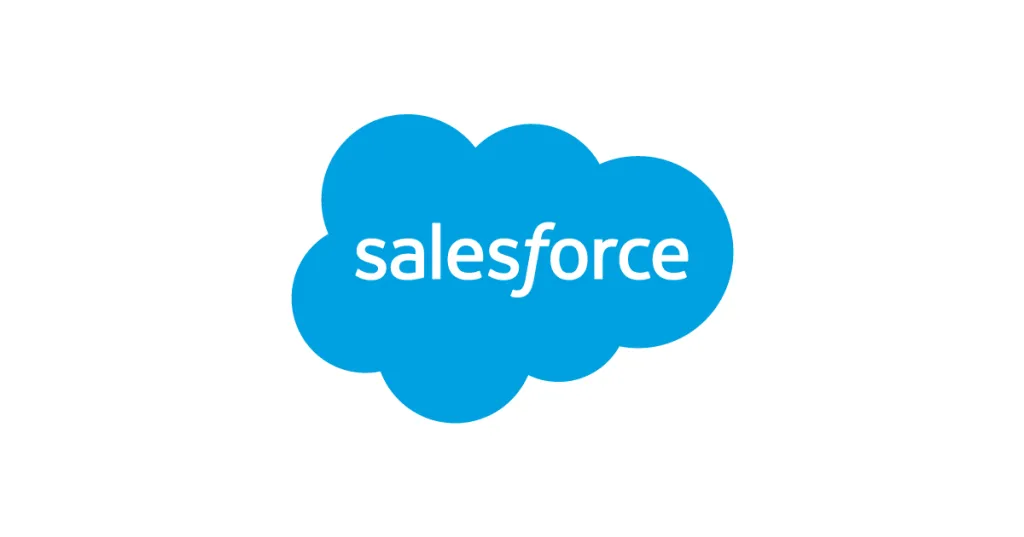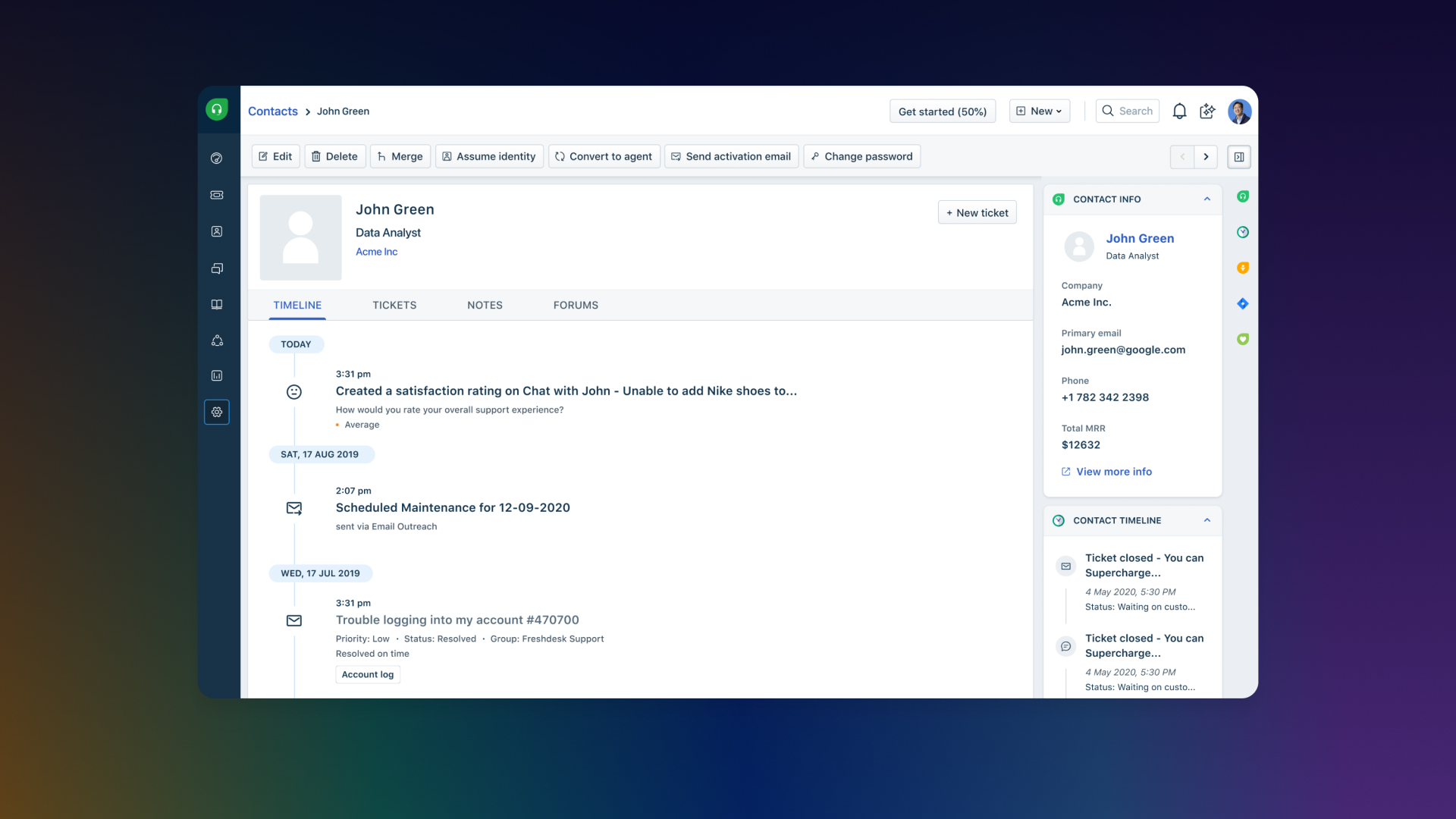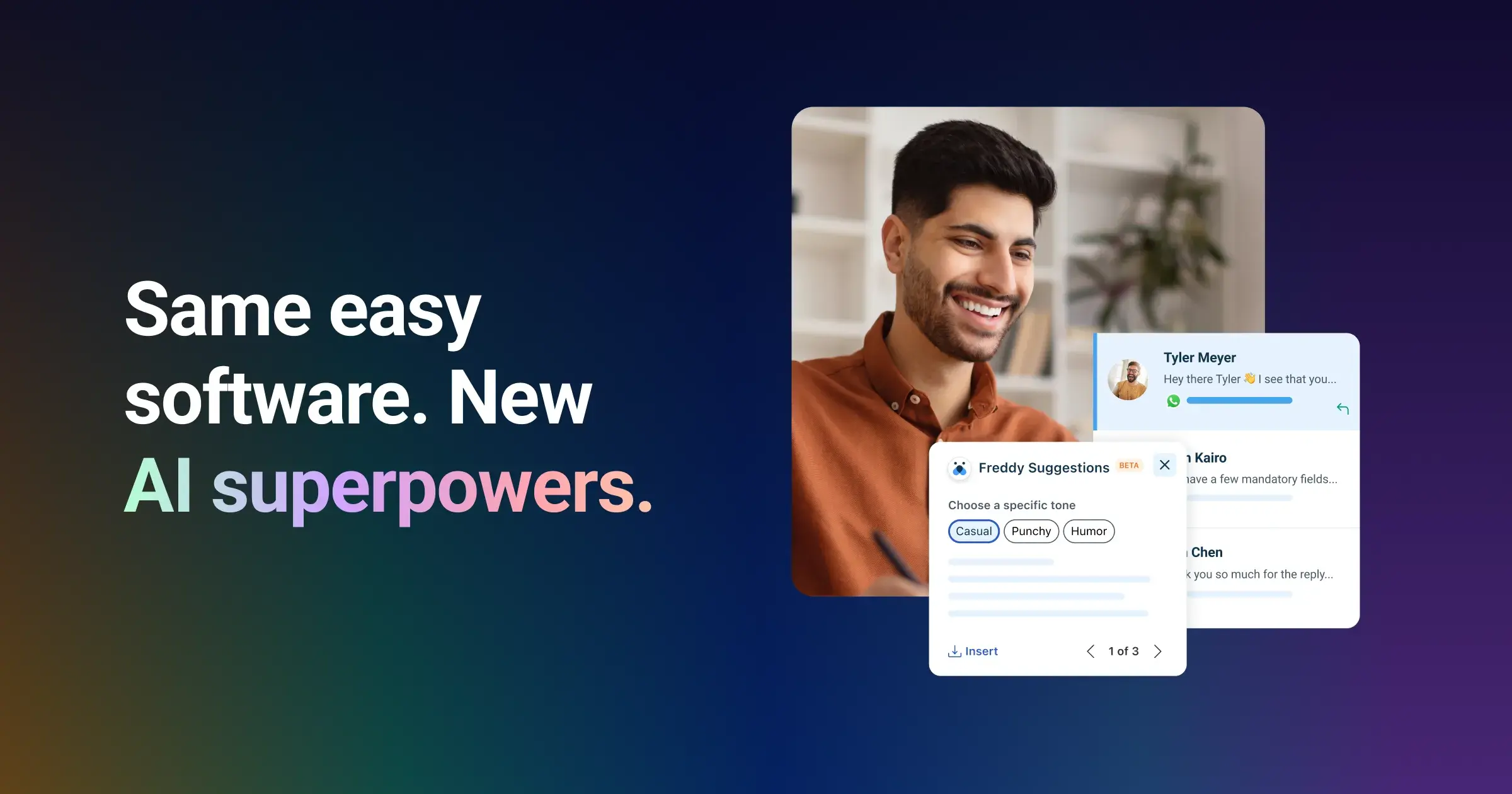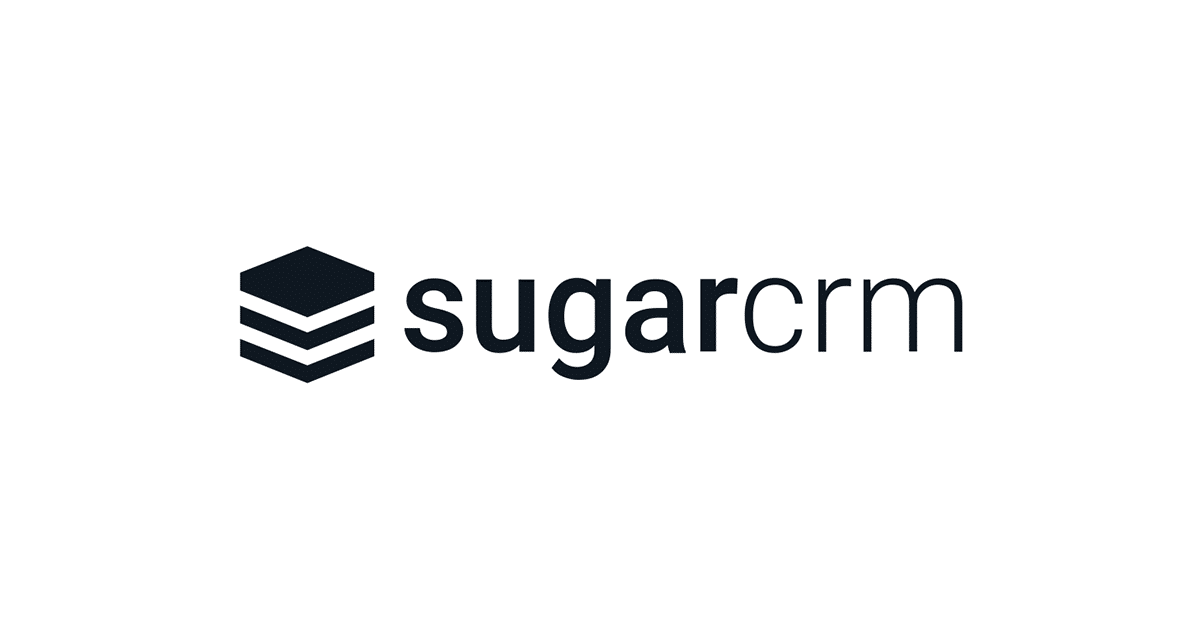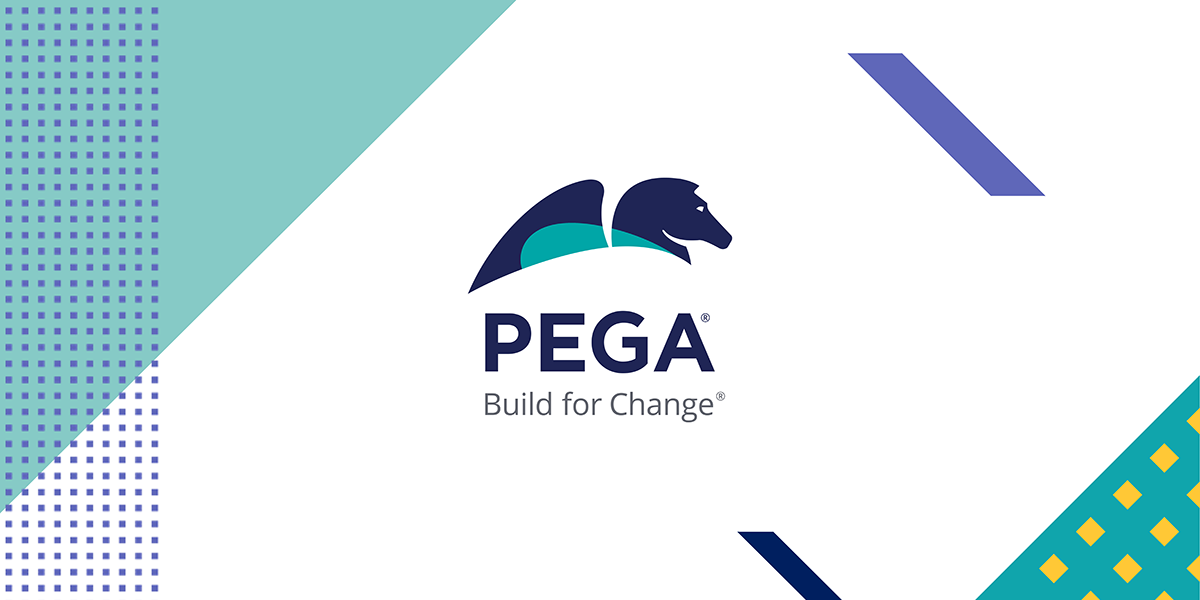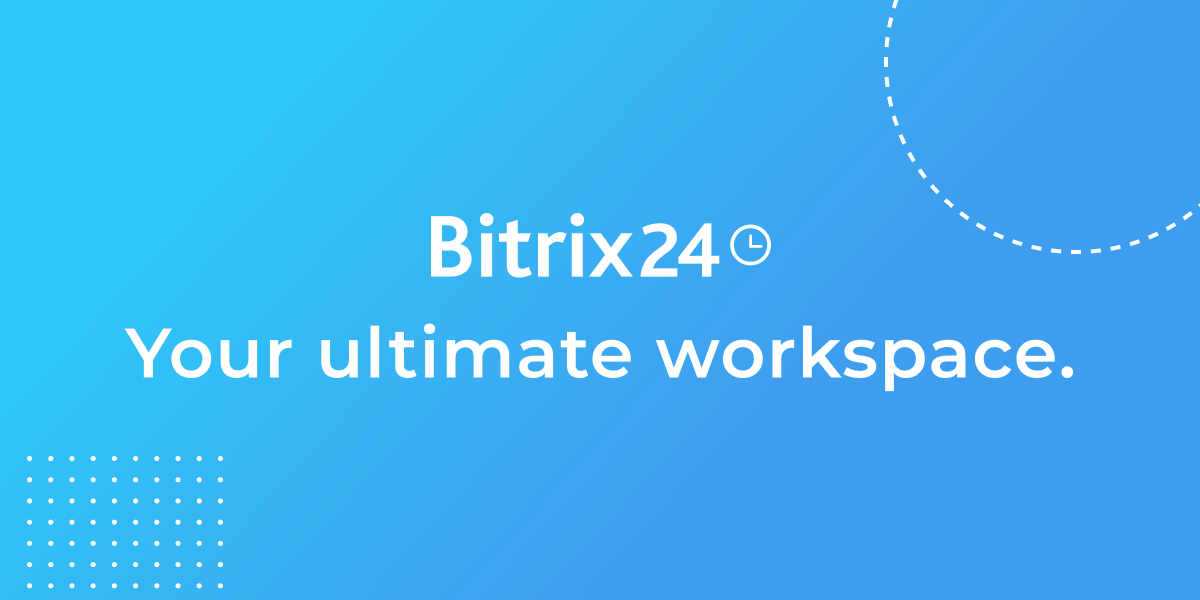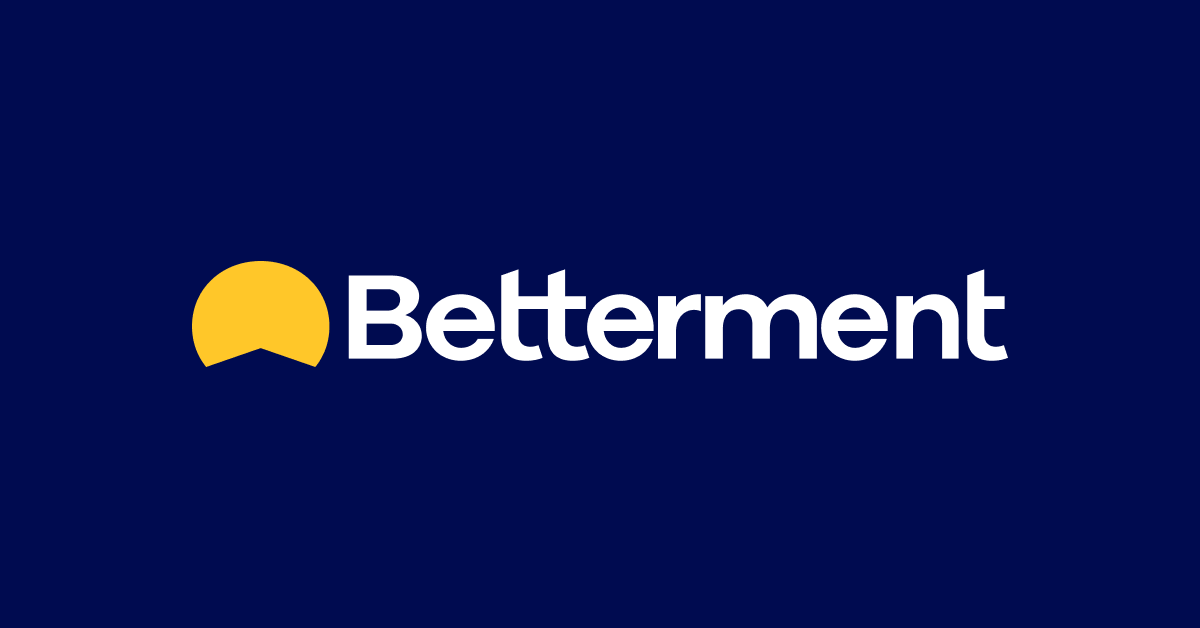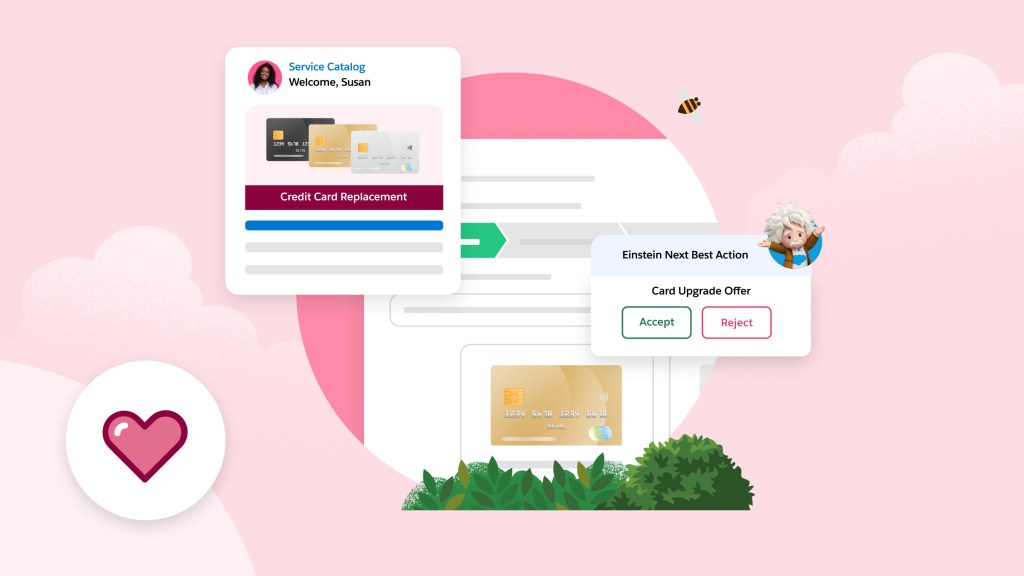Introduction
Customer relationship management (CRM) software has become a vital tool for businesses looking to strengthen customer loyalty and drive sustainable growth. By centralizing information about contacts, transactions, and interactions, CRM platforms provide holistic views of customer profiles that empower personalized, data-driven marketing and support. With so many options on the market, choosing the right CRM involves understanding your unique needs and priorities. This post examines the capabilities and strengths of 15 leading solutions according to evaluation criteria like scalability, ease of use, and revenue generation opportunities.
Methods of Evaluation
To determine the top CRM solutions, we considered factors like business fit and features, customer satisfaction ratings, implementation costs, support offerings, integration capabilities, security and reliability measures. We also examined quantitative metrics like number of backlinks, monthly organic traffic and keyword ranking trends to gauge market presence and popularity. While no solution is a perfect fit for all firms, assessing vendors against these conventional evaluation methods alongside online presence indicators helps identify providers most likely to deliver ROI and customer success.
1. Zendesk
Zendesk is a leading customer service platform used by over 200,000 companies worldwide. Founded in 2007, Zendesk’s mission is to help companies turn customer relationships into competitive advantages. Zendesk offers a full suite of customer support and engagement products including customer service, sales, marketing and more.
Pros: Some key advantages of using Zendesk include: – Leading customer service platform with advanced self-service and support tools – Tight integration with CRM like Salesforce allows agents to have a complete single view of customers – Intuitive interface that is easy for both agents and customers to use – Wide range of channels for customer engagement including email, phone, chat, social media and more
Cons: One potential disadvantage of Zendesk is that it is typically more expensive than some smaller competitors. However, for most mid-sized to enterprise businesses, the cost is outweighed by Zendesk’s robust feature set and scalability.
Pricing: Zendesk pricing starts at $49 per agent per month for its Standard plan and goes up to customized Enterprise pricing. It also offers a range of flexible perpetual licensing and subscription options. Free trials are available to test out core functions before committing to a paid plan.
Some key stats about Zendesk include: – Over 200,000 customers worldwide ranging from small businesses to enterprise organizations – Supports over 165 languages – Processed over 1 billion support tickets last year – Integration with over 175+ apps like Slack, Salesforce, Hubspot and more
2. Salesforce
Salesforce is a leading customer relationship management (CRM) software provider. Founded in 1999, Salesforce helps companies of all sizes and industries manage their customer data on a single platform. With over 150,000 customers globally, Salesforce has become the leading CRM software in the market.
Pros: Some key advantages of Salesforce include:
– Widely adopted platform – Its large customer base and market leadership means extensive documentation and support are available.
– Large ecosystem of apps and consultants – The AppExchange has thousands of apps that extend its functionality. Large partners community for implementation and support.
– Customizable for any industry or use case – Highly flexible and customizable platform to meet the needs of any business or vertical.
Cons: A potential disadvantage is its higher pricing compared to some other CRM options. However, Salesforce also offers various pricing plans and discounts to make it affordable for companies of all sizes.
Pricing: Salesforce offers different pricing plans depending on the required features and number of users. The main plans include:
– Professional – $25/user/month
– Enterprise – $150/user/month
– Unlimited – Custom pricing
Additional users, premium features, and consulting services also have separate pricing.
Some key stats about Salesforce include:
– Over 150,000 customers worldwide across industries
– $26.49 billion in annual revenue as of 2022
– Available in over 150 countries
– Over 8,400 apps on the Salesforce AppExchange
3. SAP C/4HANA
SAP C/4HANA is an integrated customer experience and relationship management suite from SAP. As a leader in enterprise applications, SAP provides C/4HANA to help companies deliver personalized, convenient, and hassle-free customer experiences across all channels.
Pros: Some key advantages of SAP C/4HANA include:
– Strong analytics and AI/ML capabilities to gain insights from customer data
– Flexible platform that can support complex enterprise needs and configurations
– Tight integration with SAP ERP solutions like S/4HANA which is ideal for existing SAP customers
Cons: A potential disadvantage is the large upfront investment and consulting services required due to the scale and complexity of SAP solutions.
Pricing: SAP C/4HANA pricing is based on your company’s annual revenue with starting packaged subscriptions available from $6,500 and growing significantly based on usage, customizations and other requirements.
Some key stats about SAP C/4HANA include:
– Used by over 13,000 companies globally
– Supports industries like manufacturing, retail, hi-tech and more
– Integrates with the broader SAP portfolio including S/4HANA ERP
4. Freshdesk
Freshdesk is a leading customer service platform used by over 40,000 companies worldwide. Founded in 2010, Freshdesk aims to simplify customer support and drive happier customer conversations. Some key stats about Freshdesk include supporting over 25 million agents and handling over 8 billion conversations to date.
Pros: Some key advantages of Freshdesk include:
– Focus on simplifying support workflows and making agent experience intuitive
– Tight integrations with G Suite and Slack allow for seamless collaboration
– Good option for SMB customer service teams on a budget
– Scalable pricing tiers as business grows
Cons: Potential disadvantages of Freshdesk could include:
– Fewer customization options compared to some enterprise-grade CRM platforms
– Support for fewer languages out of the box than some competitors
– No native telephony support without third party integration
Pricing: Freshdesk offers simple and transparent pricing plans starting at $15/agent/month for their Basic plan up to $299/agent/month for their Ultimate Enterprise plan. All plans include unlimited tickets, contacts and custom fields. Additional features are unlocked at higher tiers like advanced reporting, SLA policies and unlimited storage.
Freshdesk key stats and facts include:
– Over 40,000 customers worldwide across 150+ countries
– Supports over 25 million agents
– Handled over 8 billion customer conversations to date
– Integrates with over 100 apps including G Suite, Slack, Zendesk, and HubSpot
– Named a leader in the G2 Fall 2022 Report for Support Center Software
5. Freshworks CRM
Freshworks CRM is a user-friendly CRM software geared towards small and medium-sized businesses. It offers basic CRM features like contact management, tracking activities and tasks, pipelines for managing deals and opportunities, and integration with other tools like Gmail and Google Calendar.
Pros: Key advantages of Freshworks CRM include: Good basic CRM functionality like contact management, pipelines and tasks makes it a capable option for small teams. A focus on ease of use and affordability makes it well-suited for small businesses. Integration with various other tools provides flexibility. Simple UI and workflows reduce learning curves.
Cons: As a basic CRM aimed at small businesses, Freshworks CRM may lack some advanced functionality available in more full-featured CRMs. Customization and configuration options are limited compared to CRMs aimed at larger enterprises.
Pricing: Freshworks CRM offers three pricing tiers – Basic ($15/user/month billed annually), Standard ($25/user/month billed annually) and Premium ($35/user/month billed annually). It also offers a forever free plan for up to 3 users.
Some key stats about Freshworks CRM include: Over 250,000+ customers globally, Available in over 50+ languages, Integrates with over 100+ apps including Slack, Zendesk, Hubspot and more.
6. Marketo
Marketo is a marketing automation software for managing lead generation, marketing workflows and analytics. Founded in 2006, Marketo provides an all-in-one platform to support marketing, sales and customer success teams. The company was acquired by Adobe in 2018 and is now known as Adobe Marketo Engage.
Pros: Key advantages of Marketo include:
– All-in-one platform for marketing, sales and customer success
– Personalized experiences based on customer profiles and behaviors
– Intuitive drag-and-drop interface for creating marketing workflows
– Powerful segmentation and scoring capabilities
– Widely used by large enterprises for complex B2B lead management
Cons: One potential disadvantage is the price – Marketo is more expensive than some other marketing automation options and is best suited for larger enterprises with sophisticated marketing needs.
Pricing: Marketo offers pricing based on the number of marketing qualified leads (MQLs) and sales qualified leads (SQLs) processed per year. Basic plans start at $150/user/month for up to 500 MQLs/SQLs annually.
Some key stats about Marketo include:
– Over 2,500 customers globally across all industries
– Supports over 1 billion personalized digital experiences per year
– Recognized as a leader in the Gartner Magic Quadrant for CRM Lead Management
7. Pipedrive
Pipedrive is a sales CRM software that focuses on pipeline management. Founded in 2010, Pipedrive has its headquarters in Estonia. The company aims to provide an easy and intuitive solution for managing leads and deals.
Pros: Some key advantages of Pipedrive include:
– Strong focus on sales pipeline management
– Very intuitive and simple to use interface
– Affordable pricing starting from $12/user per month
Cons: A potential disadvantage is that it lacks some functionality found in more full-featured CRM solutions like Salesforce, such as extensive customization options and robust customer support tools.
Pricing: Pipedrive offers 3 main pricing plans:
– Essentials: $12/user per month
– Professional: $18/user per month
– Scale: Custom pricing
All plans include unlimited contacts, deals and updates.
Some key stats about Pipedrive include:
– Used by over 100,000 companies worldwide
– 15+ million deals created on the platform
– Available in over 25 languages
8. Infor CRM
Infor CRM is a leading customer relationship management (CRM) software that helps companies attract, satisfy and retain customers. Developed by Infor, a global enterprise software company, Infor CRM is a robust solution designed to support the needs of large enterprises across various industries. It provides deep functionality across sales, marketing and customer support on a powerful platform.
Pros: Some key advantages of Infor CRM include:
– Robust platform for large enterprises
– Deep functionality across sales, marketing & support
– Great analytics & reporting capabilities
– Strong support for complex customers
Cons: A potential disadvantage is that the robust feature set and capabilities are better suited for large enterprises versus small businesses on tighter budgets.
Pricing: Pricing for Infor CRM varies depending on the number of users, modules, customization requirements etc. and is generally suited for large complex organizations. Contact Infor sales for a customized quote.
Some key stats about Infor CRM include:
– Used by over 68,000 organizations worldwide
– Supports more than 100 languages
– Deployed across 20+ industries
– Handles billions of customer interactions annually
9. SugarCRM
SugarCRM is an open source customer relationship management (CRM) platform. Founded in 2004, SugarCRM aims to provide an affordable and highly customizable CRM solution for small-to-medium sized businesses (SMBs).
Pros: Some key advantages of SugarCRM include:
– Open source alternative to expensive proprietary CRM software
– Highly customizable to fit unique business needs and workflows
– Affordable pricing model suited for SMB budgets
Cons: One potential disadvantage is that the open source nature means it lacks the dedicated support of a proprietary solution. However, widespread community support is available.
Pricing: SugarCRM offers several pricing tiers starting from a free open source version. Self-hosted commercial plans start at $12/user/month while hosted plans on SugarCRM’s servers start at $18/user/month. Discounted rates are available for annual plans and for non-profits.
Some key facts about SugarCRM include:
– Used by over 4 million users worldwide
– Available in over 30 languages
– Over 16 years of experience in the CRM software industry
10. Help Scout
Help Scout is a customer support software that helps companies deliver great customer experiences. Founded in 2008 and based in Boston, Help Scout provides shared inbox, help center, live chat, and CRM capabilities to help companies streamline customer communication and knowledge sharing.
Pros: Some key advantages of Help Scout include:
– Robust knowledge base and documentation capabilities to establish customer self-service
– Flexible workflows and assignments to efficiently route tickets
– Strong UX design focused on easy agent and customer experiences
– Customizable forms, surveys, and feedback to gather customer insights
– Powerful search and analytics to optimize support processes
Cons: One potential disadvantage of Help Scout is that it is missing some advanced analytics and reporting capabilities compared to more expensive enterprise-grade CRM software.
Pricing: Help Scout offers three paid plans – Basic, Professional, and Enterprise starting at $24/agent per month. Pricing increases based on the number of agents, integrations, and support needs. There is also a free forever plan for up to 3 agents.
Some key stats about Help Scout include:
– Used by over 12,000 companies including Anthropic, Upland Software, and Vimeo
– Supports over 30 integrations including Slack, Zendesk, and Intercom
– Available in 6 languages including English, French, German, Spanish, Portuguese, and Japanese
– Named a leader in the G2 Crowd Fall 2022 Report for Support Center Software
11. Pega
Pega is an AI-powered customer engagement platform that uses robotic automation and process automation to streamline processes, optimize workflows and maximize customer lifetime value. Founded in 1983 and based in Cambridge, Massachusetts, Pega provides CRM and workflow automation software to large enterprises across multiple industries.
Pros: Some key advantages of Pega include:
– Powerful sales automation platform to boost productivity and drive higher revenue
– Strong AI capabilities for analyzing customer data and optimizing sales recommendations
– Robust workflows and processes capabilities to model complex sales processes
– Focus on complex sales organizations operating at a global scale
Cons: One potential disadvantage is the software requires more technical skills and resources to implement compared to some other CRM options due to its scale and complexity.
Pricing: Pega pricing is customizable based on required functionality, support needs, and other factors. Generally it starts around $150,000 per year for basic customer service capabilities and scales up from there based on additional features, users, and custom configuration needed.
Some key stats about Pega include:
– Over 1500 customers worldwide including leading brands like AAA, Humana, and Hulu
– Supports over 1 billion customer interactions per month
– Named a Leader in the 2020 Gartner Magic Quadrant for CRM and CXM Suites for 4 years in a row
12. Bitrix24
Bitrix24 is an all-in-one free online workspace for managing your business. It offers key features like CRM, projects, calendars, online meetings and more to help businesses manage their sales, customer relationships and internal teamwork.
Pros: Some key advantages of Bitrix24 include:
– Affordable all-in-one platform to manage CRM, projects, contacts and communication tools in one place.
– Tight integrations between CRM, projects, calendar and tasks for seamless workflows.
– Highly customizable workflows, automation and business processes to suit your unique needs.
Cons: A potential disadvantage is that the free plan has limited storage and features. For more advanced usage, an upgraded paid plan may be required.
Pricing: Bitrix24 offers a free plan for basic usage. There are also paid ‘Business’ and ‘Corporate’ plans starting from $15/user/month with increased storage, functionality and support.
Some key stats about Bitrix24 include:
– Used by over 150,000 companies worldwide
– Available in over 30 languages
– secure, reliable platform with 99.999% uptime guarantee
– Integrates with over 50+ apps like Slack, Dropbox, Google, etc.
13. Betterment
Betterment is a robo-advisorfinancial technology company providing automated investment management services through onlinewealth management and financial planning tools. Founded in 2008 and headquartered in New York City, Betterment manages over $27 billion in assets for over 450,000 clients.
Betterment offers digital financial advisor services for individual investors seeking affordable access to professionally-managed portfolios and financial planning.
Pros: Key advantages of Betterment include:
– Affordable digital financial advisor services through an online platform
– Automated investment management through tailored and optimized portfolios
– Financial planning tools to help track savings goals and budgets
– Integrations with other financial tools for comprehensive financial management
Cons: A potential disadvantage of Betterment is that as an online digital service, it lacks the personal touch of an in-person human financial advisor. The automated nature may not offer tailored advice for complex financial situations.
Pricing: Betterment offers three plans with pricing as follows:
– Personal Plan: 0.25% annual fee on portfolios up to $100k, 0.10% fee on amounts over $100k.
– Premium Plan: 0.40% annual fee, adds tax-loss harvesting and 1:1 phone support.
– Nonprofit Plan: 0.15% annual fee, intended for nonprofit organizations.
Key stats about Betterment include:
– Over 450,000 clients
– Manages over $27 billion in assets
– Offers automated investment management through online wealth management and financial planning tools
– Targets individual investors seeking affordable access to professionally-managed portfolios
14. LiveAgent
LiveAgent is a leading customer service and help desk software developed by Anthropic to help businesses provide exceptional customer support across channels. Founded in 2001, LiveAgent is headquartered in San Francisco and serves over 30,000 customers globally including Spotify, IBM, HP, and Xero. With customizable omnichannel routing and intelligent workflows, LiveAgent aims to optimize customer service and agent productivity.
Pros: Some key advantages of LiveAgent include:
– Omnichannel support across various messaging platforms
– Powerful workforce management tools for efficient agent scheduling
– Intelligent routing ensures customers are connected to the right agent
– Robust API and custom app ecosystem for easy integrations and extensions
– Comprehensive reporting and analytics for improved visibility
Cons: One potential disadvantage is the pricing which can be higher than some other vendors for large teams with advanced support needs.
Pricing: LiveAgent offers various pricing tiers starting from $49/agent/month for their Essentials plan up to custom enterprise plans. Pricing depends on the number of agents, selected features, and integrations needed. LiveAgent also offers a 14-day free trial to test the software.
Some key stats about LiveAgent include:
– Over 30,000 customers worldwide
– Supports messaging, email, web chat, social media and phone channels
– Integrates with over 150 applications including Salesforce, Zendesk and Hubspot
– 99.99% uptime SLA
– Award-winning support team with 24/7 availability
15. Desk
Desk is a help desk software and CRM platform designed to simplify customer support workflows for small and medium-sized businesses. Operating since 2011, Desk aims to help customer-facing teams provide better customer service through an integrated platform.
Pros: Some key advantages of Desk for customer service teams include:
– Focus on simplifying support workflows and making it easy for agents to manage tickets across email, chat and social
– Tight G Suite and Slack integrations allow tickets to be linked directly to conversations in other apps
– Good for SMB customer service teams with simple and affordable pricing
Cons: A potential disadvantage is that the help desk and CRM functionality may not be as robust as some larger or more expensive CRM options like Salesforce Service Cloud.
Pricing: Desk offers three pricing tiers:
– Basic plan starting at $12 per agent per month
– Professional plan starting at $24 per agent per month
– Enterprise plan with custom pricing
All plans include unlimited tickets, users and storage.
Some key stats and facts about Desk include:
– Used by over 25,000 customer support teams worldwide
– Integrates directly with G Suite and Slack allowing agents to manage conversations across multiple channels
– Affordable pricing starting at $12 per agent per month for the basic plan
Conclusion
CRM software plays an invaluable role in empowering businesses with the insights and tools required to make each customer feel valued. By gaining a holistic view of relationships, interactions, and purchase behaviors, CRM platforms simplify the process of delivering hyper-personalized experiences across channels. This post introduces 15 quality CRM options worth considering based on varying criteria from functionality to brand perception. Conducting demos and pilot testing can help determine which aligns best with your strategic goals and budgets for maximizing customer lifetime value well into 2023 and beyond.





